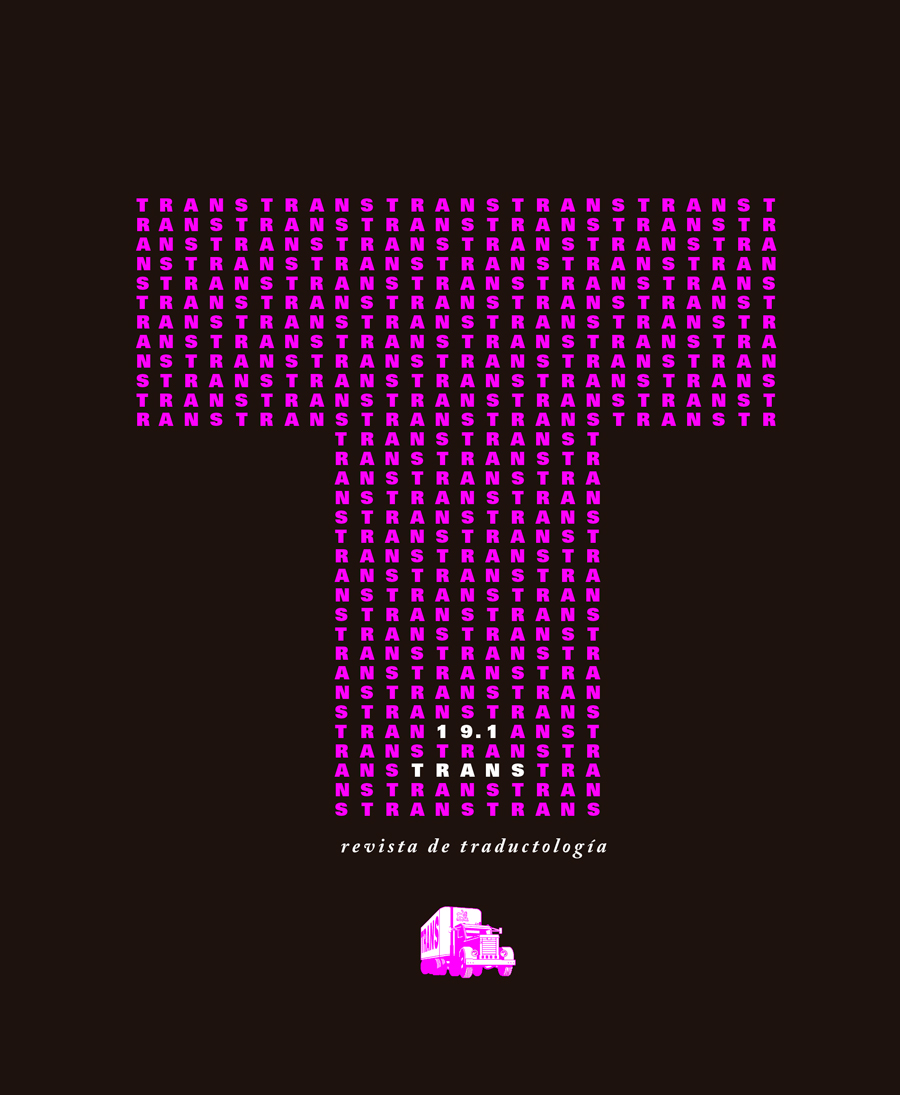Interpreting and Language Mediation for Victims of Human Trafficking: The Case of cie, Detention centres for undocumented migrants in Bologna, Italy
DOI:
https://doi.org/10.24310/TRANS.2015.v1i19.2095Keywords:
intercultural language mediator, interpreter role, detention centres (centro identificazione e espulsione CIE), human trafficking, alignment, nigerian englishAbstract
Interpreting and language mediation for female victims of human trafficking for sexual purposes is a profoundly complex area with major human and professional ethical implications. Detention centres for undocumented migrants in Italy have been given much attention in the media recently in the wake of recent geopolitical events leading to a large influx of migrants and refugees. These centres have been particularly challenging for interpreters and language mediators for numerous reasons: linguistic/pragmatic, cultural, institutional, emotional and psychological, etc. This paper is based on data collected during a 6-month internship period at the CIE detention centre in Bologna and describes how working relationships are slowly and laboriously created and negotiated between institution, victim and interpreter/mediator. The paper describes the linguistic and pragmatic obstacles that emerge, especially in the use of Nigerian English, along with Arabic the most frequently used languagesDownloads
Metrics
Publication Facts
Reviewer profiles N/A
Author statements
Indexed in
-
—
- Academic society
- N/A
- Publisher
- Universidad de Málaga
Downloads
Published
How to Cite
Issue
Section
License
All contents published in TRANS. Revista de Traductología are protected under the Creative Commons Attribution-NonCommercial-ShareAlike 4.0 International (CC BY-NC-SA 4.0) license. All about this license is available in the following link: <http://creativecommons.org/licenses/by-nc-sa/4.0>
Users can copy, use, redistribute, share and exhibit publicly as long as:
- The original source and authorship of the material are cited (Journal, Publisher and URL of the work).
- It is not used for comercial purposes.
- The existence of the license and its especifications are mentioned.
- ShareAlike — If you remix, transform, or build upon the material, you must distribute your contributions under the same license as the original.
There are two sets of authors’ rights: moral and property rights. Moral rights are perpetual prerogatives, unrenounceable, not-transferable, unalienable, imprescriptible and inembargable. According to authors’ rights legislation, TRANS. Revista de Traductología recognizes and respects authors moral rights, as well as the ownership of property rights, which will be transferred to University of Malaga in open access.
The property rights are referred to the benefits that are gained by the use or the dissemination of works. TRANS. Revista de Traductología is published in an open access form and it is exclusively licenced by any means for doing or authorising distribution, dissemination, reproduction, , adaptation, translation or arrangement of works.
Authors are responsable for obtaining the necessary permission to use copyrighted images.













21.png)
